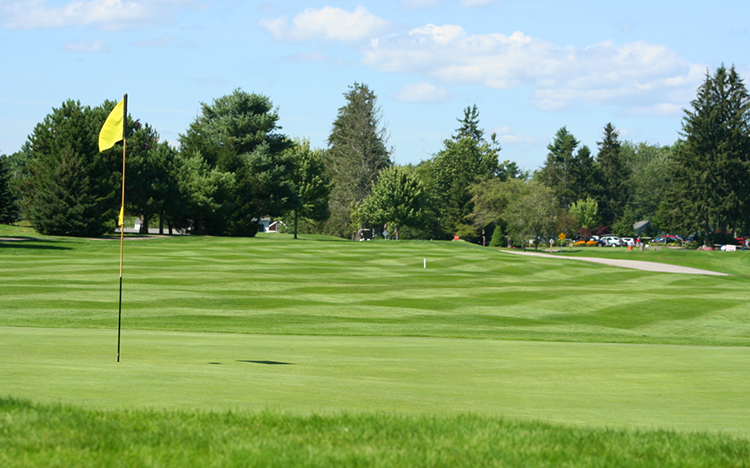
By Brendan Ryan
What is a good result for the student athlete?
To find the right fit; a place where the student can blossom into a capable, confident young person with tools to become self sustaining. This means graduating in 4 years, with at least a 3.5 (often a baseline requirement for grad school) with a group of people who have and will positively influence you.
A Note on Academics
Much of the conversation today is generated around the idea “Yale or jail”; if I don’t go to a top ranked school then I am going to be a failure. This is utterly ridiculous. In fact the reality is that most schools use a common core with many using very similar textbooks for classes like microeconomics or Calculus I. No school has a magic receipt and your success academically has a lot more to do with your maturity or interest then the brand name of the school.
The fact is that there are a ton of great schools. Instead of brand, students and their parents need to focus on answering the question: how do I want to spend my time in college to prepare for my career? The more clear the answer, the better and more enriching the experience will be. Hint a couple key ingredients are good baseline knowledge, learning to be successful, developing strong relationships with good mentors, having fun and gaining new experiences.
D1 or Broke
What if I told you that initial data suggests that D1 student athletes rate their coaches worst and are less likely to play golf 5 years after college, would you believe me? Too much of junior golf revolves around the idea that it is a pathway to the PGA Tour. This is ridiculous. Because of this narrative, kids are being driven from the game; They drop out of golf because it becomes clear that they will not be playing professional golf on the PGA Tour. To me this is a shame and the result of poor messaging from adults. We need to redefine the goal of junior gol; college golf is a pathway to a great education and great job which will empower you to be a member of a nice club and play as much as you want.
Recruiting is Not Fair
The fact is college recruiting is not fair; early specializers and early growers have a massive advantage. However the race is long; early growers are NOT invincible and where you go doesn’t determine your success. Students, especially boys, need to realize that when you grow might be the biggest factor in where they play college golf. However, they also need to realize that by 22, everyone is going to likely be in their adult body and they can make great strides after physical maturity to close the gap (often catching early developers off guard).
Should I get help?
Knowledge begins when one learns doubt. In the world of college advising, I have great doubt. In my opinion, every “college golf expert” is a fraud; they hide behind a dogma of “I know X coach” or “X coach say”. They use disinformation, particularly poorly correlated or small population “data”, to scare parents into a web of deceit. Their tools are resumes, randomness, and bulk emails to create the guise of “options”. “Options” which more likely validate their fee, then lead a student to a place where they will be happy and successful.
A Note on Parents
Did you hear the sequel to “the Emperor’s New Clothes” is coming? Ya, this time he’s going to help his son get a full ride scholarship to Stanford to play golf. Like in the original, the emperor is driven by greed and hubris. Don’t be the emperor; this is not about impressing your friends or validation your wealth. Make it about your child. Love and celebrate your child’s individual strengths. Push them to improve in different areas and put them on their own path to success.
About the Author
Brendan is a former college golf coach and instructor with several higher ed degrees. He is the owner of Golf Placement Services.







